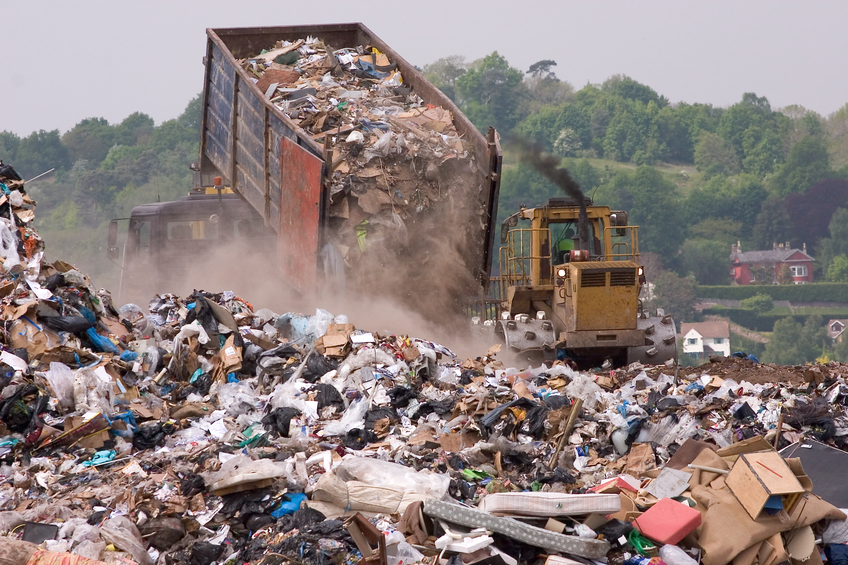Environmental Engineering 12 PDH Discount Package 1
Electrostatic Precipitators for Particulate Matter Control (C06-003)

This online engineering PDH course provides information on new technologies entering the market, including conditioning, thickening, stabilization, dewatering, thermal conversion and drying of biosolids. It presents the state of development, available cost information, associated contact names, and related data sources for each technology.
Biosolids are the organic materials resulting from treatment and processing of wastewater. Biosolids are also referred to as sewage sludge. Sewage sludge regulations continue to reduce options for disposal, and rising energy costs are causing a new wave of technologies to be introduced into this market. Wastewater treatment plants and engineers are involved with evaluating the latest and best technologies for this changing industry.
The 6 PDH online course is intended for civil and environmental engineers, as well as for students with basic wastewater treatment knowledge or for technical professionals that need to evaluate new and emerging alternative biosolids management technologies.
This PE continuing education course is intended to provide you with the following specific knowledge and skills:
- Understanding the general requirements of the USEPA Clean Water Act
- Learning about the new and emerging biosolids treatment technologies
- Familiarizing with the energy and beneficial use considerations for biosolids
- Learning about the support information for choosing alternative technologies
In this professional engineering CEU course, you need to review the EPA publication "Emerging Technologies for Biosolids Management", (EPA 832-R-06-005), September 2006.
Upon successful completion of the quiz, print your Certificate of Completion instantly. (Note: if you are paying by check or money order, you will be able to print it after we receive your payment.) For your convenience, we will also email it to you. Please note that you can log in to your account at any time to access and print your Certificate of Completion.

This online engineering PDH course describes the commonly applied ESP designs used to remove PM from stationary sources. Design and operating parameters are presented. Various ESP designs such as Plate-Wire, Flat Plate, Wet ESPs, and Tubular ESPs are reviewed in this course.
Electrostatic precipitators (ESP) are used to remove fine particulate matter from contaminated air steams. In these devices, an electrical force is generated to move the particles out of the flowing gas stream and onto collector plates for particulate emission control. There are different configurations and types of ESPs designed and operated for removal of particulate mater (PM).
This 6 PDH online course is intended for environmental and chemical engineers as well as other professionals working in the field of air pollution control. It is also beneficial for a person with basic knowledge of air pollution control equipment and an interest in controlling particulate emissions. In this course the reader will learn about the theory of ESP particle removal and how it is applied to actual ESP designs; the conditions for particle removal and its effects on ESP equipment selection; and optimizing ESP operation.
This PE continuing education course is intended to provide you with the following specific knowledge and skills:
- Background of particulate compounds and size ranges
- Types of ESPs used for particulate control
- Gas characteristics and its effects particle charging and removal
- Design parameters for designing ESP units
- How ESPs are operated
- Support information for enhancing ESP performance
In this professional engineering CEU course, you need to review the EPA Air Pollution Control Cost Manual (EPA 452/B-02-001), Section 6 (Particulate Matter Control), Chapter 3 "Electrostatic Precipitators".
Upon successful completion of the quiz, print your Certificate of Completion instantly. (Note: if you are paying by check or money order, you will be able to print it after we receive your payment.) For your convenience, we will also email it to you. Please note that you can log in to your account at any time to access and print your Certificate of Completion.